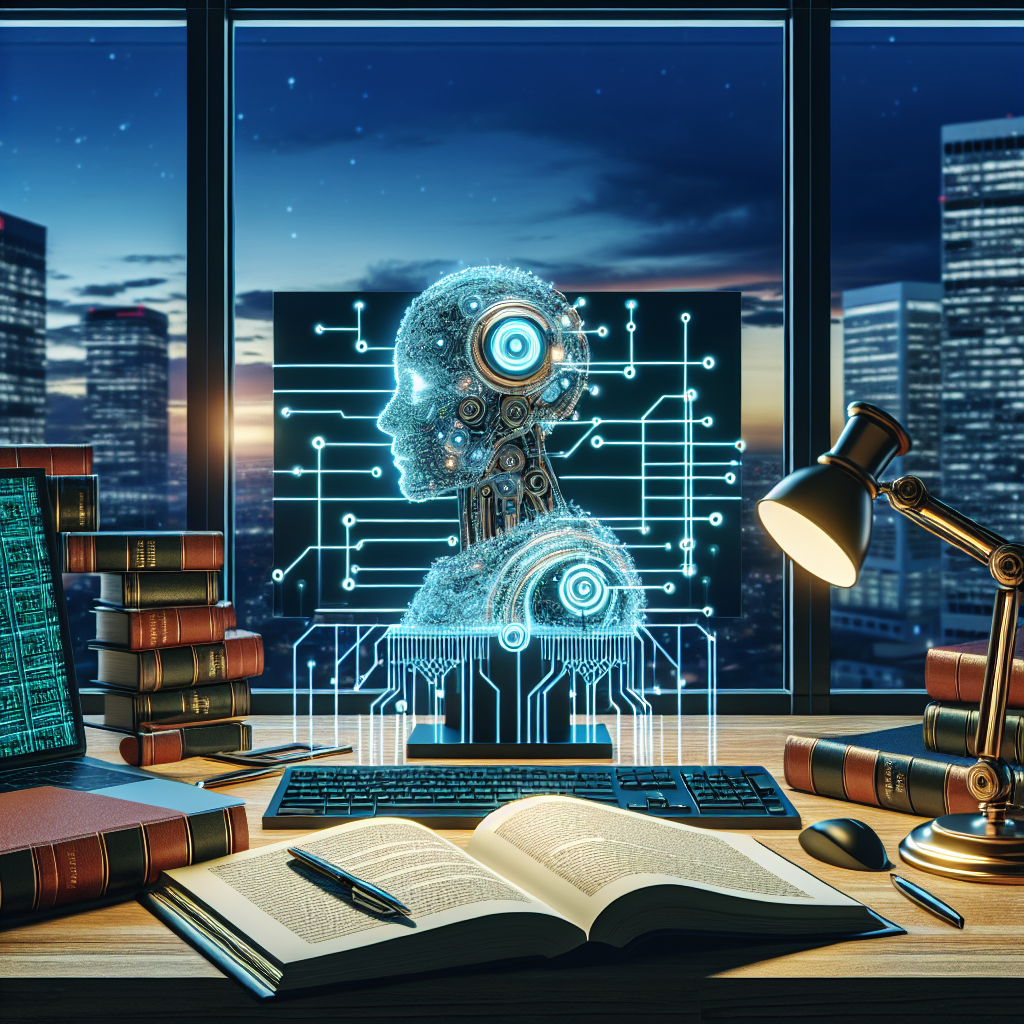AI Assists California Bar Exam Creation
In 1919, as women in the United States secured the right to vote, another quiet revolution was underway—California was launching its first standardized bar exam. Fast forward more than a century, and another transformation is reshaping legal certification: AI assists California Bar Exam creation for the first time in history.
A Legal Milestone Powered by Artificial Intelligence
The California State Bar, one of the largest and most influential legal licensing bodies in the U.S., has officially integrated artificial intelligence tools into the process of developing its bar exam. This groundbreaking move makes California the first state to deploy generative AI to help craft questions that test the knowledge and competency of aspiring attorneys.
According to The Guardian’s recent coverage, the AI system didn’t entirely take over the exam-writing process but acted as an assistant in generating preliminary drafts. These drafts were then reviewed and refined by licensed attorneys and legal professionals. The main goal? Increase efficiency, enhance fairness, and explore new ways to modernize the notoriously difficult and resource-intensive bar exam.
Why Use AI in Bar Exam Creation?
The Bar Exam isn’t just a test—it’s a high-stakes milestone that determines who earns the right to practice law. Traditionally, the crafting of exam questions required months of collaboration among legal experts. The implementation of AI offers several advantages:
- Increased Efficiency: AI algorithms can generate question drafts at a much faster pace than human writers alone.
- Bias Reduction: AI tools, when properly trained, can help eliminate unintentional bias in question phrasing.
- Scalability: AI allows for the rapid creation of multiple testing scenarios, aiding in better exam standardization.
These AI-generated items serve as a preliminary layer in the exam development process, always subject to human review before being finalized for test takers. This human-AI collaboration ensures that the quality and accuracy of the questions meet rigorous legal standards.
Balancing Innovation with Integrity
While some critics express concerns over overreliance on algorithms in high-stakes tests, the State Bar has emphasized that AI is not replacing legal expertise—it’s enhancing it. Legal educators and practicing lawyers are still deeply integrated into the process, ensuring that AI is used responsibly and ethically.
This approach mirrors broader trends in education, where AI is increasingly being used in test development, grading, and personalized learning. However, the high stakes of the legal profession demand an especially cautious and transparent implementation.
What This Means for the Future of Legal Testing
The use of AI in bar exam creation sets a precedent for other states and possibly for other professional licensing exams. As the legal system continues to adopt new technologies, questions arise about how AI will influence legal education, ethical standards, and access to justice.
Legal tech experts say this is just the beginning. As AI tools continue to evolve, we may see further innovations in how students prepare for the bar, how their essays are scored, and even how continuing legal education is administered post-licensure.
Read the Full Story
For more in-depth coverage of this development, check out the original article on The Guardian.
AI assists California Bar Exam creation—and it’s a change that could redefine the legal landscape for years to come.

